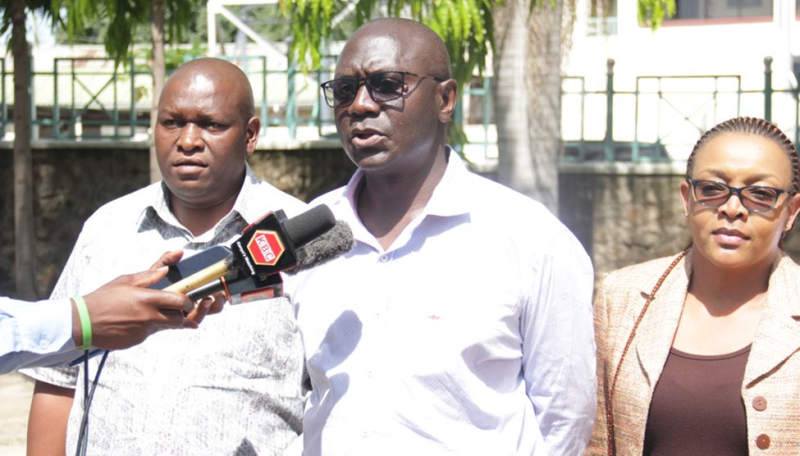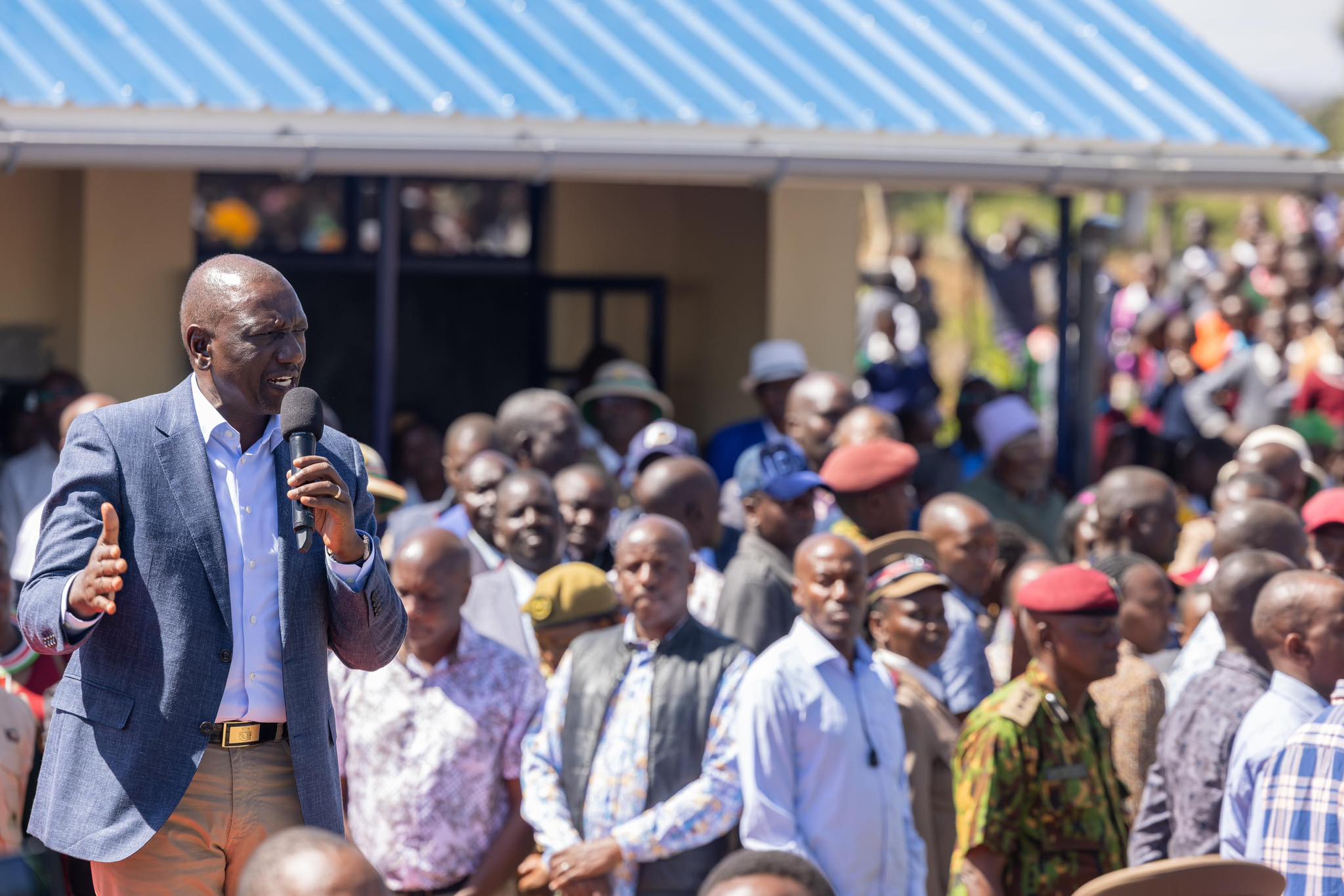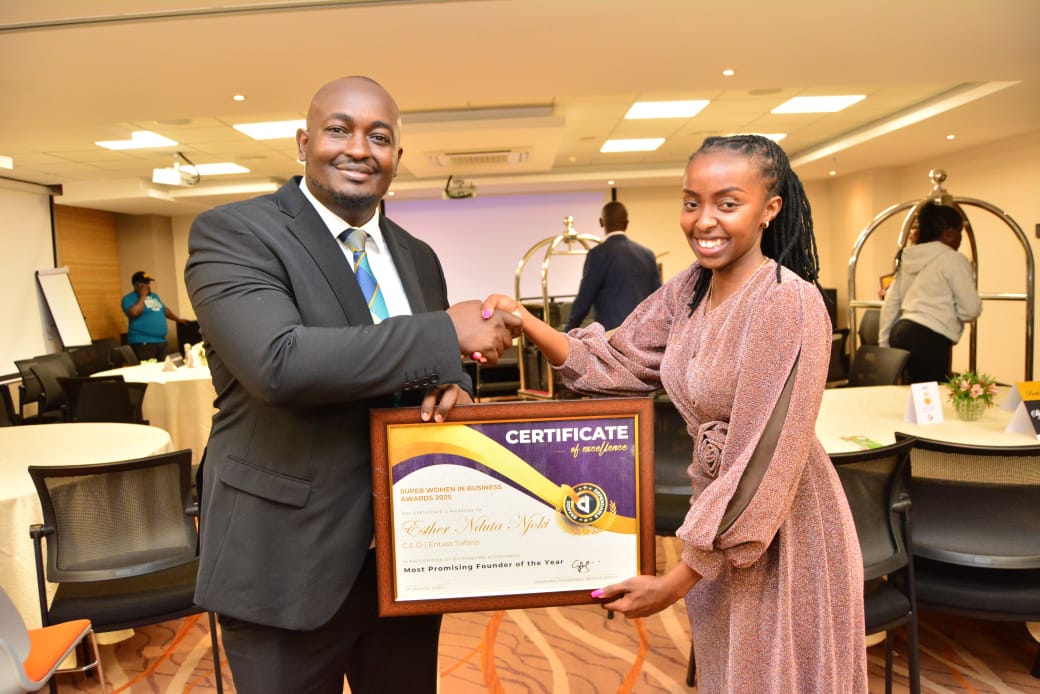Order is now set to be restored in the Ministry of Agriculture and Livestock Development after seven regulations were drafted to promote the growth of the sub-sector in the country.
The move targets areas that have, over the years, remained unregulated, affecting the growth of the sub-sector.
Directorate of Livestock Policy and Regulations representative Dr. William Akwimbi said the regulations target animal feed production, animal breeding, the pig industry, poultry, livestock training institutions, livestock and livestock products marketing, and apiculture.
Speaking in Kisumu during a public participation drive with stakeholders from Nyanza and Western regions, Dr. Akwimbi said the regulations, which are expected to operationalize the Livestock Bill, will unlock the sector’s full potential.
He said animal feed production, which is unregulated, remains a big challenge with sub-standard feeds flooding the market. The regulations aim to streamline feed production while at the same time stimulating growth in apiculture and pig and poultry farming.
Dr Akwimbi noted that the livestock sub-sector contributes 10 per cent to the national GDP, adding that with the new regulations, it is bound to grow exponentially, creating jobs for thousands of Kenyans.
He said the Bill, which is before the Attorney General’s office, is set to be tabled in Parliament for approval.
Once it is operationalized, the Bill will create an enabling environment for the sector to grow, with the regulations expected to create numerous opportunities.
“This is going to attract investors. They will come knowing very well that they are investing their money in an area that is well regulated with good returns on investment,” he said.
Animal Production Society of Kenya (APSK) chairman Samuel Mbuku said the regulations were key to making the sector productive, competitive, and resilient.
The existing gaps in the sector, he added, have reduced production, with the effects of climate change adversely affecting yields.
Last year, he said, Kenya lost 2.6 million heads of cattle worth over Ksh200 million, adding that the regulations will serve to make the sector more resilient.
“For this sector to be competitive, we must look at the service providers, training institutions, and the frameworks that support the sector to make it more productive, competitive, and resilient,” he said.
The stakeholder consultative meetings are held in eight regions across the country to allow stakeholders to give their input before the document is adopted.
Professionalism
Similar information was relayed by Harry Kimtai, Principal Secretary (PS) in the State Department for Livestock, who narrowed down to professionalizing livestock production.
He said the government is pushing for a law that will regulate training, registration and licensing of animal production professionals and technicians in the country.
The proposed Animal Production Professionals and Technicians Bill 2023 is set to offer an enabling environment for the development and regulation of the livestock industry, and to effectively address the modern challenges bedevilling the sector and harmonize its operations.
Drafted and developed by the department in collaboration with Agriculture stakeholders, Kimtai noted that it is aimed at bringing sanity into the animal production sub-sector.
According to Kimtai, the sector is a key pillar in the country’s economy and a crucial driver in realizing food security. He described the new Bill as a game-changer as it will be instrumental in establishing and strengthening linkages between relevant institutions towards actualizing the Sustainable Development Goals (SDGs).
“The sub-sector supplies meat, milk, dairy, and other livestock products to the domestic market and accounts for about 12 per cent of Kenya’s Gross Domestic Product (GDP),” said Kimtai.
The PS noted that animal production has in the recent past registered a surge in demand compared to supply, urging the public to support the draft bill ahead of its transmission to Parliament for validation.
The proposed Bill will establish Animal Production Professionals and Technicians Board, which will exercise general supervision and control over the training, licensing and registration of animal production professionals and entities, and also register, license and regulate them.
It has also outlined the qualifications for an animal production professional, technician or specialist to be registered.
In this case, professionals should be holders of a Bachelor of Science (BSc) degree from a recognized university approved by the board in either animal production, science, and animal production and health, range management, dairy science technology, or any other qualification that the board deems fit from time to time.
Animal production technicians will be required to be holders of a certificate or diploma in animal production or related sciences in the same areas of specialization.
For animal production specialists, they will be required to be holders of a Master’s degree in either animal breeding and genetics, animal genomics, animal nutrition, livestock production systems, range ecology, ranch management, dairy technology, meat science, apiculture, leather technology, or any other qualification that the board deems fit.
They will also have an experience of not less than 3 years, or a Doctorate (PhD) degree in the stated areas of specialization.
Besides the academic qualifications, they will further be required to undertake such examinations as may be prescribed to ascertain applicant’s knowledge and skills before registration.
The examination may be conducted by the board or any other authority or institution appointed by the board to meet the terms and conditions as the board may determine.
A person seeking registration has to apply within a period of three years after qualification, and any person applying beyond that period will be required to undertake an examination set by the board.
The registrar of the board is required to gazette the name and address of every person registered within thirty days of registration.
On the other hand, a firm shall be qualified to be registered as an animal production service provider if it submits the prescribed form together with a prescribed fee.
Part of the requirement is that it must be legally registered in Kenya, has a registered and retained animal production professional or technician, and satisfies the board by an affidavit lodged with the registrar that no criminal proceedings under this Act have been instituted against the firm.
The registrar will process the gazettement of all firms registered under this section every year.
By Fredrick Odiero and Roy Hezron
Get More Stories from our Website Sacco Review Newspaper
You can also follow our social media pages on Facebook Sacco Review Newspaper for timely updates.



